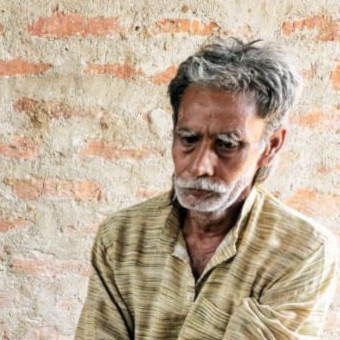Transforming Justice: Legal Empowerment, Mental Health Support & Social Rehabilitation for Marginalized Communities
LAW Foundation is a socio-legal organization committed to ensuring justice, legal empowerment, and social rehabilitation for marginalized communities, including incarcerated individuals, women, and LGBTQ+ persons. Founded in 2019, it emerged from grassroots efforts that successfully challenged systemic barriers within the criminal justice system.
By integrating socio-legal aid, mental health support, and gender justice advocacy, we work toward a sustainable and inclusive justice system. Through policy reforms, community engagement, and innovative legal strategies, LAW Foundation continues to drive systemic change, securing the rights and dignity of historically disadvantaged populations.
Overview of Key Initiatives by LAW Foundation
Measuring Change
Tracking our reach, outcomes, and the lives changed through socio-legal interventions.
500+
Legal Aid Interventions
300+
Prison Visits
200+
Home Visits
350+
PR/Bail Bonds Furnished



